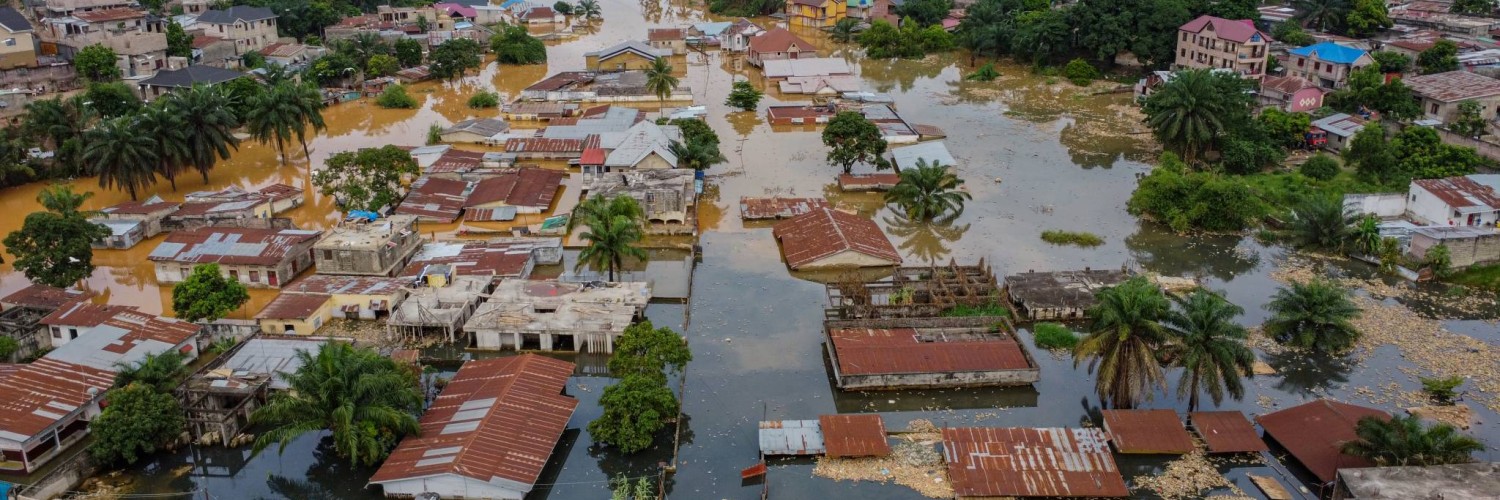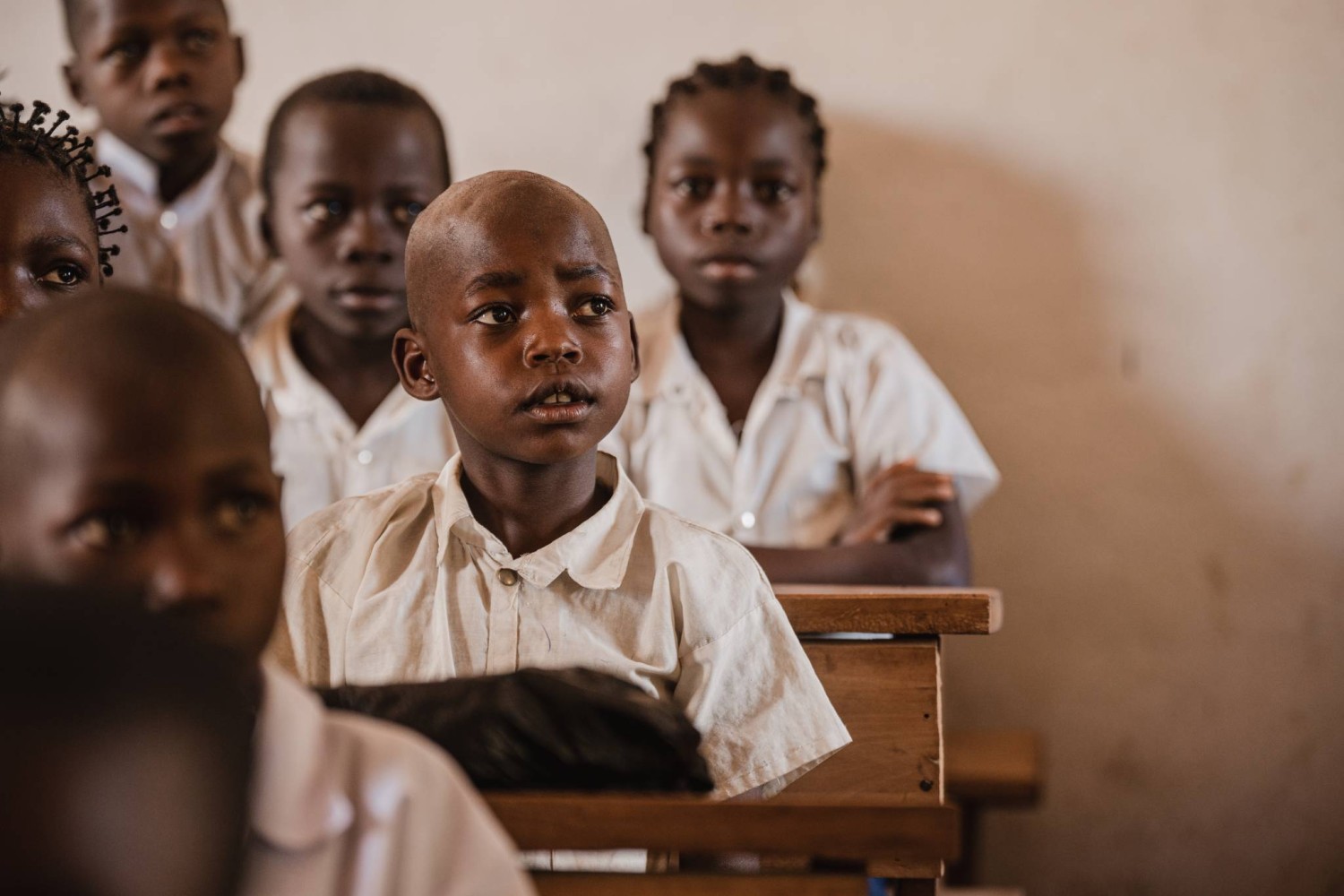The Democratic Republic of the Congo which is home to the highest number of grave violations globally, and has one of the highest numbers of internally displaced people, has been hit by the worst floods in 60 years and a cholera outbreak.
UNICEF and partners are responding to devastating flooding in the Democratic Republic of the Congo (DRC), with the Congo River rising to levels not seen in more than 60 years.
Eighteen out of DRC’s 26 provinces are affected following exceptionally heavy rainfall over the past couple of months, leaving more than 2 million people – nearly 60 per cent children – in need of assistance, according to OCHA estimates. Flood waters have reportedly destroyed or damaged almost 100,000 households, 1,325 schools, and 267 health facilities. Crops have spoiled in waterlogged fields, raising the prospect of food shortages in some places.
With 40 per cent of cholera cases found in areas that are flooded or at risk of flooding, UNICEF has also ramped up efforts to contain an existing outbreak that threatens to spiral out of control. Some weather forecasters are warning of more rain, increasing the possibility that cholera will travel from areas where it is endemic via the Congo River to the urban centre of Kisangani and then to Kinshasa, the capital. In a similar situation in 2017, cholera expanded to the entire country, leading to almost 55,000 cases and more than 1,100 deaths.
“Children in the DRC are facing the worst floods in decades and the worst cholera outbreak in years. The rising waters damage their homes and amplify the threat of waterborne diseases, putting them at heightened risk,” said UNICEF’s Representative in the DRC, Grant Leaity. “Without immediate action to provide safe water, sanitation, and healthcare to contain the spread of cholera, widespread flooding could push the number of cases to unprecedented levels.”
In 2023, more than 52,400 cholera cases and 462 deaths were recorded in DRC, making it one of the largest outbreaks in the world, according to the World Health Organization. DRC accounted for 80 per cent of all cholera cases in West and Central Africa.
UNICEF is providing drinking water, water treatment kits, and health supplies to affected areas. The agency is also working with local authorities to ensure the continuation of child protection services, such as reuniting separated children with their families and providing mental health support.
UNICEF-supported cholera management teams are also on the ground, providing a first response when cholera cases are suspected. This includes distributing cholera prevention kits, decontaminating homes and communal latrines, and setting up hand disinfection stations. Teams are also stepping up prevention measures, including awareness and surveillance efforts, and upgrading cholera treatment centres, including in Kinshasa.
To support the government’s flood response plan, UNICEF is using core funding of $700,000 to kick-start WASH, health, and child protection interventions. A total of $9 million for UNICEF’s initial flood response in these three areas is needed.


